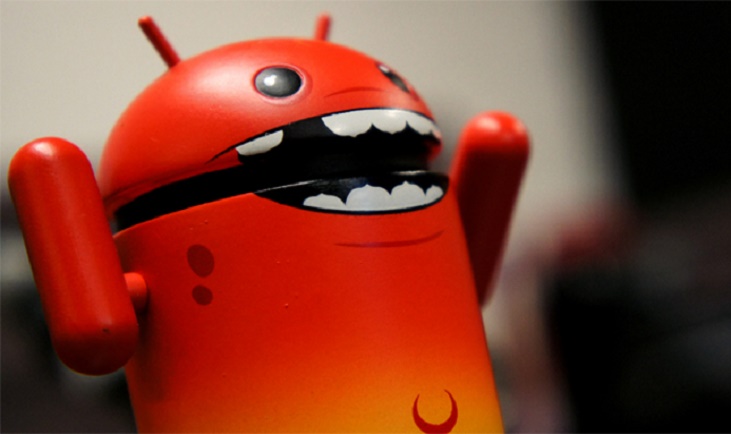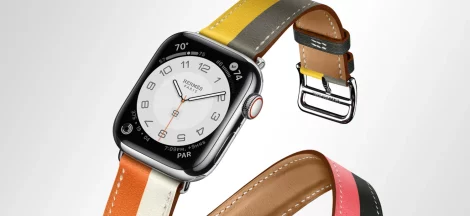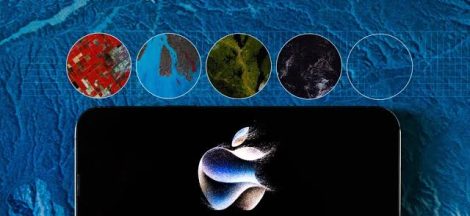New study finds that 7 out of 10 smartphone apps are sharing their data with third parties without the knowledge of the user.
Smartphones have become a central force in our lives. These smartphones have our daily schedules, our contacts, our pictures, our locations, our conversations and just about any other pieces of information about us.
Given the level of sensitivity of the information stored in these apps, both users and device manufacturers have taken the needed measures to ensure that no one can access the information. There is an array of tools and measures put in place to safeguard user data such as passwords, PIN numbers, facial recognition and even fingerprint sensors. This tends to give users a sense of security over their personal data.
However, a recent study has established that all of these measures only provide physical security since mobile phone apps share data with many third parties. When installing an app, there are permissions one gives to the app for it to function as needed. For example, one can give the app access to their contacts, their gallery, their GPS service, their camera and even their internet connection. Once given these privileges, the app will work with its developer to perform its core functions.
A mapping app, for example, shares the location of a user with the server of the developer. This location and other privileges can then be shared with any party the developer chooses to bring on board. Advertisers can be given the information to determine what one has an interest in to serve the relevant apps. When the same apps work with third-party libraries, they can create a full profile of a given user without the knowledge of the same user.
A majority of the users do not know who their information is being shared with. Few users read the terms and conditions of their apps before giving them the permissions they require. Reading the terms and conditions is considered by many to be a waste of time when it’s the way to maintaining their privacy.





 Google Pixel XL’s direct successor canceled
Google Pixel XL’s direct successor canceled